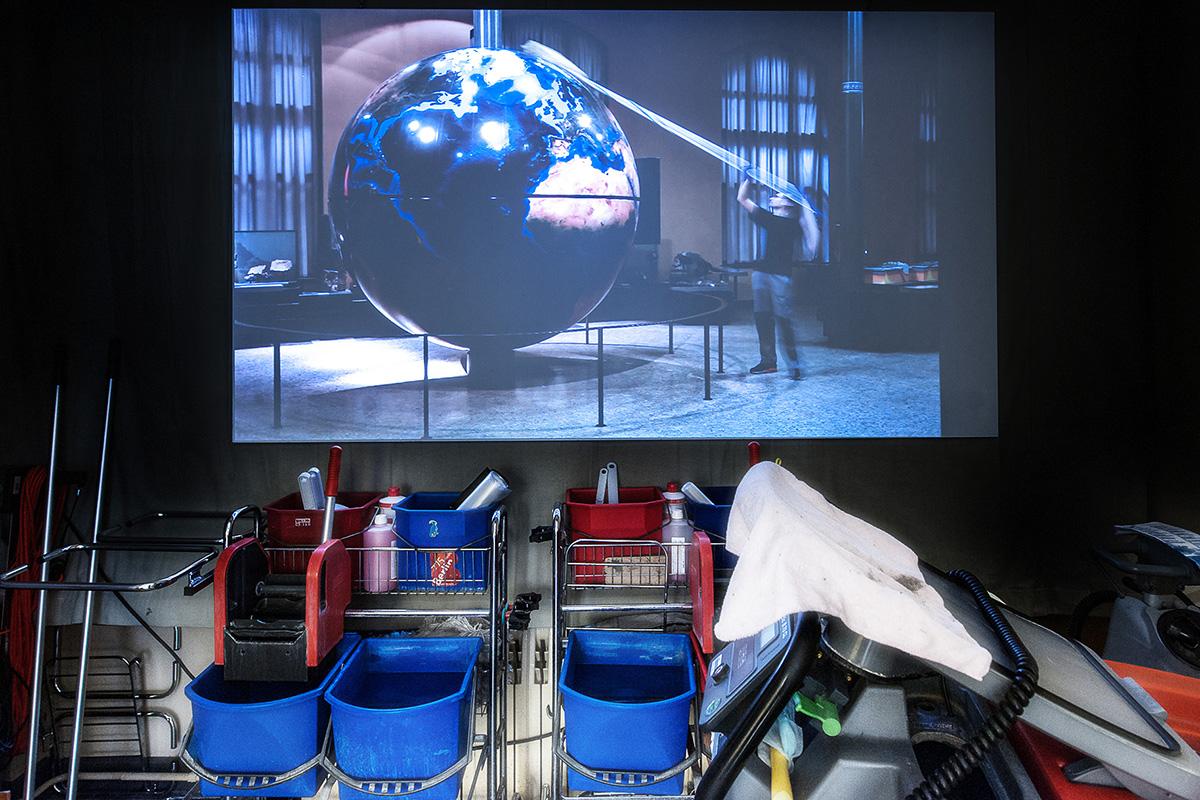The Bureau for troubles offers an experimental environment for the development of interdisciplinary research projects such as the Data/natures research programme that will integrate research on the datafication of natures and the naturalisation of data and their categories. Combining methods and methodologies from the sociology of science, socio-cultural anthropology, environmental humanities, artistic research and the history of science, the Bureau for troubles is committed to “generative critique” (Helen Verran), that is, to crafting reasoned reflections that can act as productive interventions for the practices and people we study. Following Donna Haraway’s guiding principle of “staying with the trouble”, we try to sound out and stick with the disconcertments that haunt imperial institutions such as museums, the categories and standards of collecting, describing and managing (parts of) natures, and the ongoing relations of coloniality.
Data/natures
This research programme is concerned with three interconnected questions: What happens to the museum as an institution, an epistemic arrangement, a global assemblage when it goes digital? What happens to nature and its attendant configurations like biodiversity when they too become apprehended exclusively through data, whether it is genetic, genomic, environmental, or financial? And lastly, what happens to our worlds, their polities and politics when data become, so to speak, naturalised? When data become the only universal, acceptable and, importantly, workable form capable of telling what matters?
Selected intra-actions
- The Influencing Machine: an exhibition and reader on the rise of political bots and the politics of data (nGbK, Berlin), November 2018
- Society for Social Studies of Scienc conference (4S) Sydney: Data worldings: post/colonial connectedness, September 2018
- European Association for the Study of Science and Technology conference (EASST) Lancaster: Meeting (in) data, June 2018
- Digital imaginaries in and of Africa (Johannesburg, Dakar, Karlsruhe): international working group, 2017-8
- Environmental Management as Situated Practice: Introduction to Geoforum Special Issue, 2015
